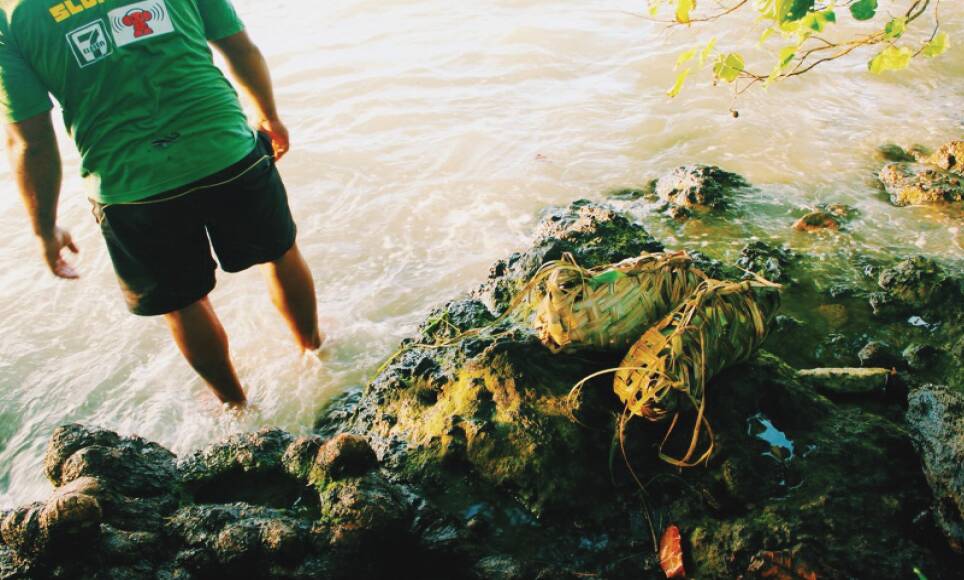Tala o Tupuaga
The Tala o Tupuaga project was born from the idea of safeguarding Liutofaga, a sacred cultural practice, in the face of climate change impacts on Sāmoa’s coastal villages.
The project
Liutofaga, is the traditional Samoan practice of relocating ancestral burial grounds - a sacred response to the loss of land caused by rising sea levels and coastal erosion
The project was designed to both preserve cultural knowledge and provide future guidance for communities confronting similar challenges of relocation.
The first phase of the project was carried out in the coastal village of Moata‘a, following the Liutofaga journey of the Asi Family. Their land, like many coastal areas in Samoa, is increasingly threatened by rising seas, frequent extreme storms, and limited coastal protection measures. The family’s decision to relocate their ancestral graves was a profound one, steeped in cultural, spiritual, and emotional significance.
This project captured their story through visual documentation and talanoa—open, respectful dialogue, to ensure their lived experience contributes to both cultural preservation and future guidance for others facing similar circumstances.
The project will inform the development of a bilingual cultural guideline (Gagana Sāmoa and English) that supports culturally appropriate climate adaptation efforts in Samoa.

The National Commission supported the collection and recording stage of the Tala o Tupuaga project. This phase involved detailed documentation of the ritual process, including photos, video, and audio interviews with those who conducted the ceremony. It also captured the experiences of families navigating the environmental and cultural implications of relocating their loved ones inland due to the impacts of climate change.
